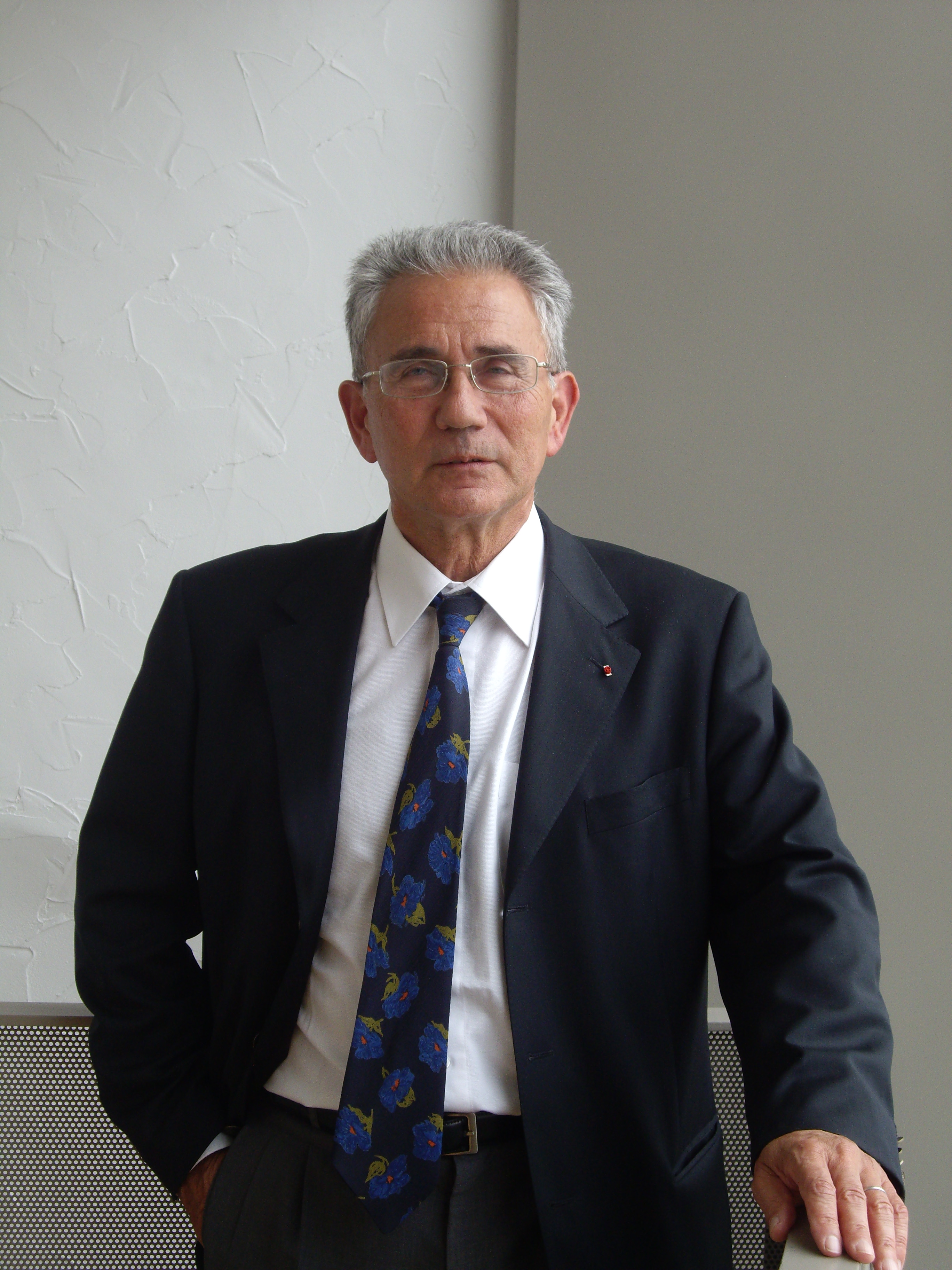|
|
Biography |
|
|
 Philippe Kourilsky is a biologist who graduated from the Ecole Polytechnique. He is Professor and Chair of Molecular Immunology at the College de France since 1998 as well as a member of the French Academy of Sciences. In addition, he has taken on the position as the Chairman of the Singapore Immunology Network (SIgN) since its creation in 2006. He currently sits on the Board of the Veolia Environment company in which he chairs the Innovation Committee. From 1992 to 1995, he was the Director of Research of Pasteur Merieux Connaught (now Sanofi Pasteur) a leading vaccine company. From 2000-2005, he was appointed Director General of the Pasteur Institute and chaired the International network of Pasteur Institutes. Philippe Kourilsky has written two reports for the French government, one about the “Precautionary Principle” (1999) and the other about problems related to infectious diseases in developing countries (2005). He is the author of some 350 publications in international scientific journals and of several books, more recently “Le temps de l'altruisme” (Odile Jacob, 2009) and “Le manifeste de l'altruisme” (Odile Jacob, 2011).
Philippe Kourilsky is a biologist who graduated from the Ecole Polytechnique. He is Professor and Chair of Molecular Immunology at the College de France since 1998 as well as a member of the French Academy of Sciences. In addition, he has taken on the position as the Chairman of the Singapore Immunology Network (SIgN) since its creation in 2006. He currently sits on the Board of the Veolia Environment company in which he chairs the Innovation Committee. From 1992 to 1995, he was the Director of Research of Pasteur Merieux Connaught (now Sanofi Pasteur) a leading vaccine company. From 2000-2005, he was appointed Director General of the Pasteur Institute and chaired the International network of Pasteur Institutes. Philippe Kourilsky has written two reports for the French government, one about the “Precautionary Principle” (1999) and the other about problems related to infectious diseases in developing countries (2005). He is the author of some 350 publications in international scientific journals and of several books, more recently “Le temps de l'altruisme” (Odile Jacob, 2009) and “Le manifeste de l'altruisme” (Odile Jacob, 2011).
|
|
|
|
|
|
|
Abstract |
|
|
|
|
|
|
|
|
Regarding novel vaccines, the output of R and D in the last 15 years has been relatively meager, reflecting the existence of major bottlenecks. Some are scientific in nature, others are not. Relevant animal models are often missing. Thus, unfortunately, observations made in the mouse are often not predictive of what will happen in humans. Accordingly, a key objective of current research is the identification of immune correlates of protection in infected and/or vaccinated humans. To reach this goal, it is essential to develop improved and more extensive immuno-monitoring approaches in humans. Immuno-monitoring is just as important for clinical trials, and will become even more significant in the future as vaccination becomes more personalized and/or stratified. Also, of great concern is the increase in the cost of innovation of medical products, which hits vaccines as well as therapeutic drugs. This general phenomenon is multi-factorial. It involves non scientific considerations, such as the extent to which the precautionary principle is used –a complex ethical problem. It has become more and more difficult and costly to develop new vaccines, and this constitutes a particularly serious issue for neglected infectious diseases. |
|
|
|
|